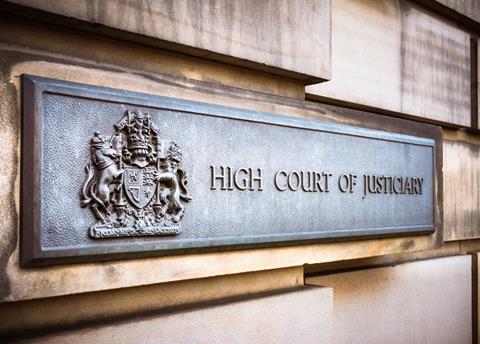CMS represented Markel in a “landmark reinsurance case” on UK Coronavirus lockdown business interruption losses.
Law firm CMS has sounded “a significant victory in a groundbreaking case” at the High Court, with Markel and Covéa winners, and reinsurers Gen Re and Unipol Re on the losing side.

The reinsurance case related to non-damage business interruption (BI) losses during the UK’s Coronavirus lockdown of March 2020.
The High Court, in its first-ever consideration of the reinsurance recovery of such losses, ruled in favour of CMS’s client, Markel International.
The case involved appeals against two separate arbitral awards under the Arbitration Act 1996, with the parties being Markel and its reinsurer, Gen Re, as well as Covéa and its reinsurer Unipol Re.
Both Markel’s and Covéa’s losses were suffered by nurseries and childcare facilities, CMS said, which had been forced to close by the UK government’s lockdown decision of 18 March 2020 to close such businesses from Friday, 20 March 2020.
The High Court’s findings favoured the reinsureds over the reinsurers, allowing the insurers to recover their losses under the reinsurance contracts.
The CMS legal team acting for Markel was led by Ed Foss and included Neil Beighton, Andrew Starling and Saskia Walsh.
Commenting on the outcome, Foss, a partner in the insurance and reinsurance Group at CMS, said, “This landmark decision is of significant interest to the reinsurance market, especially those involved in ongoing COVID-19 business interruption recoveries.
“It provides clarity on the interpretation of ‘catastrophe’ and the application of hours clauses, offering valuable guidance for such recoveries.”
The High Court judgment addressed two “crucial issues”, CMS explained.
Catastrophe issue
The court determined the meaning of “catastrophe” under property reinsurances, marking the English Courts’ first decision on this matter.
The tribunals had not erred in law, the court held, in determining that there was a “catastrophe” for the purposes of the reinsurances.
The Covéa tribunal had identified the outbreak of COVID-19 in the UK in the period up to 18 March 2020, whereas the Markel Tribunal had identified the relevant government order “as necessitated by the pandemic”.
Hours Clause
The court clarified the operation of the reinsurances’ hours clauses, providing its most detailed assessment of such clauses to date.
It held that the Markel Tribunal had erred in law in finding, in effect, that Markel was only entitled to recover 168 hours of BI losses (i.e. the relevant hours period), notwithstanding that the BI had lasted several months.
This meant that Markel had been unable to recover because its covered losses fell below the relevant attachment points.
The court also held that the Covéa tribunal was correct that, for the purposes of the hours clause, the individual loss “occurred” when the insureds lost the ability to use their premises, with the effect that all BI losses arising from the 18 March Order fell within the hours clauses.










No comments yet